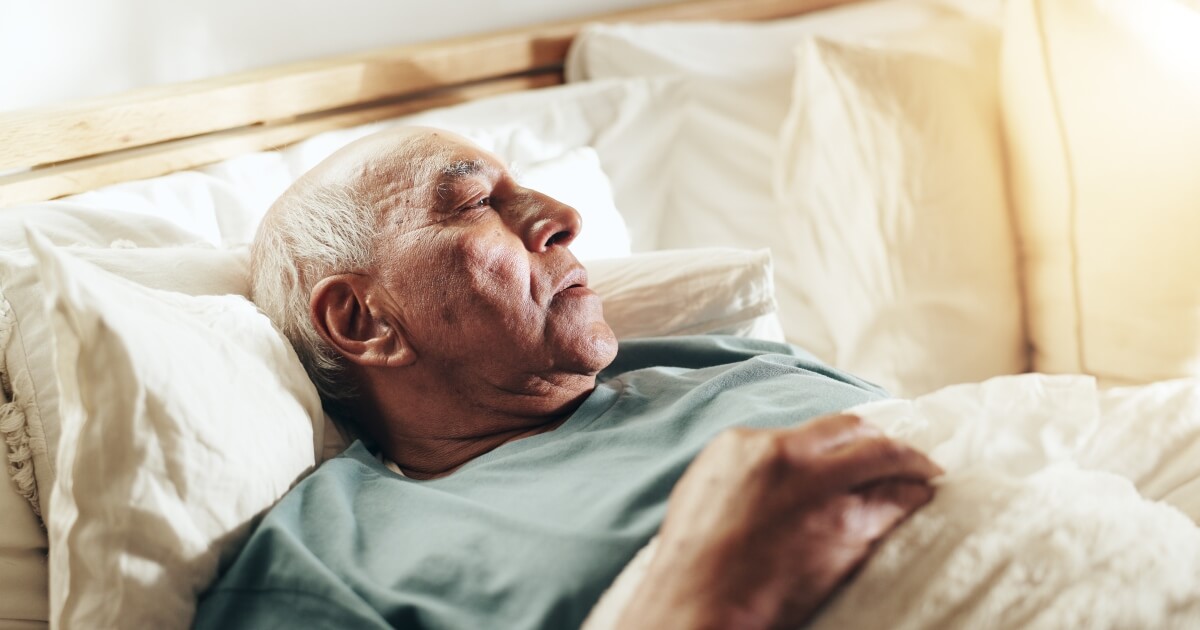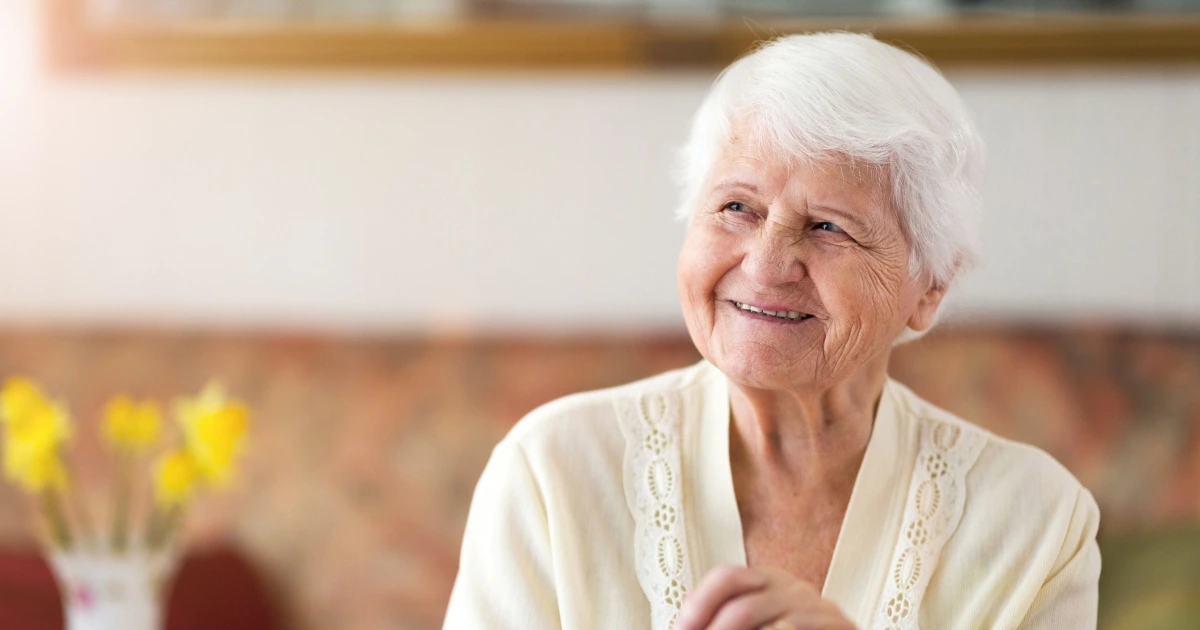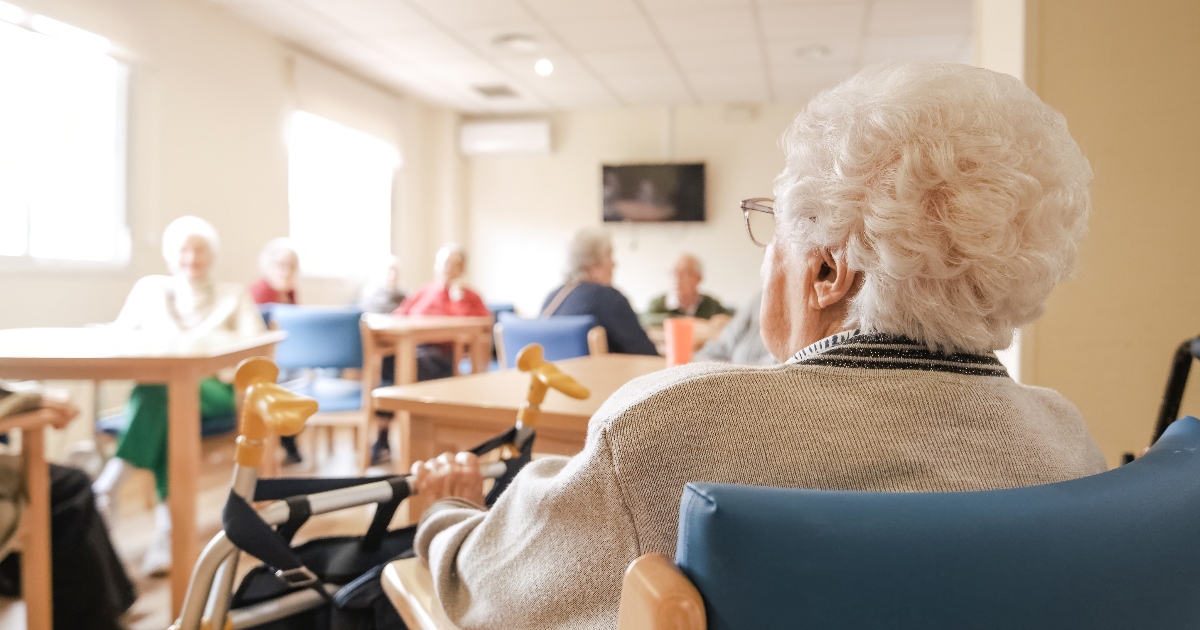 Nursing home abuse is a heartbreaking reality that affects thousands of elderly people across the United States. While men and women both suffer from neglect and mistreatment in these facilities, it is more likely to happen to women.
Nursing home abuse is a heartbreaking reality that affects thousands of elderly people across the United States. While men and women both suffer from neglect and mistreatment in these facilities, it is more likely to happen to women.
To prevent nursing home abuse, we must understand why it happens and protect our elderly with compassion and dignity.
If you suspect that your loved one is facing abuse in a nursing home, do not hesitate to contact our Santa Fe nursing home abuse attorneys. Learn about you and your family’s potential legal rights in a free consultation.
Call to request a free, no-risk consultation: 505-677-7777
Why Are Women More Vulnerable in Nursing Homes?
Women, particularly older women, face unique challenges that make them more vulnerable to abuse in nursing homes. Several factors contribute to this vulnerability:
Longevity
Women generally live longer than men, meaning they spend more years in long-term care facilities. The longer a person resides in a nursing home, the more likely they are to experience some form of mistreatment, particularly if the facility is understaffed or lacks adequate oversight.
Physical Frailty
As women age, they are more likely to experience physical frailty, including chronic conditions like osteoporosis, arthritis and cognitive decline. These conditions can limit their ability to defend themselves or report abuse, making them easier targets for mistreatment.
Higher Need for Care
Older women are more likely to require assistance with daily activities, such as bathing, dressing and eating. This dependence on caregivers increases their exposure to potential abuse, particularly when the caregiver is overworked or not adequately trained.
Is There Gender Bias in Healthcare?
Nursing home staff members may hold unconscious or explicit gender biases that affect the quality of care they provide. These biases can contribute to the mistreatment of women in several ways:
Stereotypes About Women’s Needs
Women are often stereotyped as being more emotionally demanding or less assertive than men, which can lead staff to dismiss their concerns or fail to respond promptly to their needs. This can increase their risk of abuse, as caregivers may feel less compelled to treat them with respect or dignity.
Underreporting of Abuse
Female residents may be less likely to report abuse for fear of not being believed. They may also feel ashamed or embarrassed. In some cases, they may not fully understand that they are being abused due to cognitive impairments like dementia. The lack of reporting makes it harder to detect and address abuse in a timely manner.
Gendered Care Practices
Nursing homes often follow gendered patterns in caregiving. For example, women may be more likely to receive personal care services related to hygiene, toileting or dressing, creating more opportunities for abuse. If these services are not performed respectfully or ethically, they can lead to both physical and emotional harm.
How Does Nursing Home Abuse Harm Women?
The physical, emotional and psychological toll of nursing home abuse on female residents can be utterly devastating. Victims may suffer from:
- Physical Injuries: Ranging from cuts, bruises and broken bones to more severe complications, such as pressure ulcers, malnutrition and dehydration.
- Increased Risk of Premature Death: According to this article, nursing home residents who experience abuse have a 300 percent higher risk of premature mortality.
- Trauma and Mental Health Issues: Victims often develop anxiety, depression, post-traumatic stress disorder and a profound sense of betrayal and loss of trust.
- Financial Ruin: Financial exploitation can deplete a resident’s life savings, leaving them without the means to afford alternative care or recover from the abuse.
How Can We Protect Women in Nursing Homes?
Preventing abuse in nursing homes requires a multifaceted approach. Here are some steps that can be taken to reduce the risk of abuse for women:
- Regular Monitoring: Families should visit their loved ones frequently and unannounced. This helps to ensure that nursing home staff are held accountable and that any signs of abuse are noticed early.
- Training and Education: Staff should receive regular training to recognize the signs of abuse, handling sensitive situations and providing respectful care to elderly residents. Gender sensitivity training is also crucial to reduce unconscious biases and improve care for female residents.
- Empowering Residents: Women should be encouraged to speak up about their care needs and any concerns they have. Creating a culture of open communication can help identify potential abuse and prevent it from continuing.
- Family Involvement: Families should take an active role in the care of their loved ones. Advocating for adequate staffing levels, regularly reviewing care plans and ensuring that the nursing home is meeting the needs of residents can help prevent abuse.
Ready to Take Legal Action? Call PKSD
If you suspect your loved one is being abused in a nursing home, it is imperative to act now to protect their rights. Our experienced legal team is dedicated to holding negligent facilities and abusive caregivers accountable for their actions.
We have helped thousands of families who loved ones have been abused in nursing homes. Although, we cannot change the outcome of what happened to your family, we are here to help you seek compensation and justice.
Contact our firm today for a free, no-obligation consultation. If we determine that you have a case, there are no upfront costs or fees to pay. We only get paid, if you do.
PKSD. Experienced Lawyers. Proven Results. 505-677-7777.






